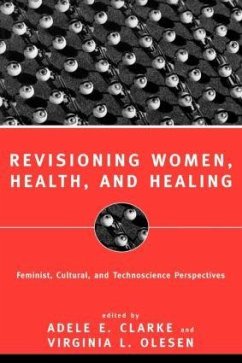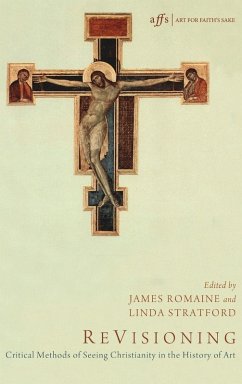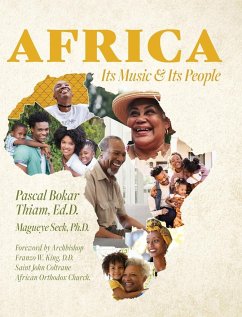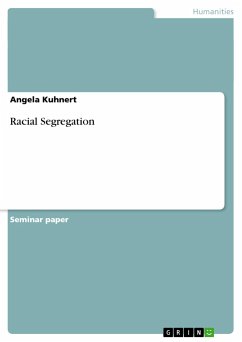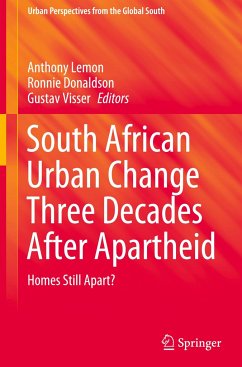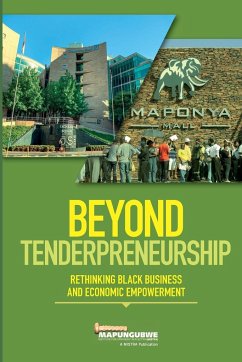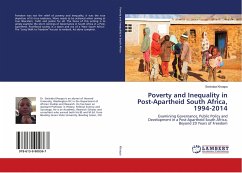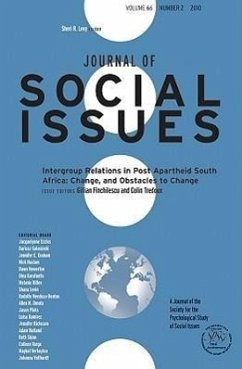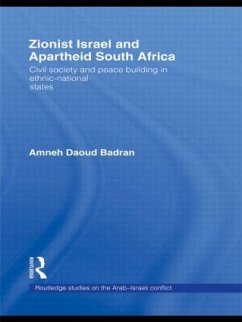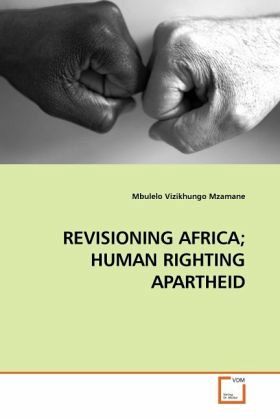
REVISIONING AFRICA; HUMAN RIGHTING APARTHEID
Versandkostenfrei!
Versandfertig in 6-10 Tagen
52,99 €
inkl. MwSt.

PAYBACK Punkte
26 °P sammeln!
Revisioning Africa; Human Righting Apartheid seeks to answer the question, in historical perspective: What are we to make of the African renaissance that is sometimes couched in obfuscating rather than illuminating terms? Turning to South Africa, the book asks how South Africans imagine they can preach the African renaissance and practice xenophobia at the same time. Other chapters look at strategies South Africa can engage to turn round the legacy of the past and cultivate a human rights culture that privileges under-developed communities in health, education, women s and children s rights et...
Revisioning Africa; Human Righting Apartheid seeks to answer the question, in historical perspective: What are we to make of the African renaissance that is sometimes couched in obfuscating rather than illuminating terms? Turning to South Africa, the book asks how South Africans imagine they can preach the African renaissance and practice xenophobia at the same time. Other chapters look at strategies South Africa can engage to turn round the legacy of the past and cultivate a human rights culture that privileges under-developed communities in health, education, women s and children s rights etc. The book also argues that one of the unfinished businesses of the liberation struggle in South Africa is reintegrating the downtrodden and oppressed to their culture, history, languages and heritage that colonialism, segregation, and Apartheid suppressed and distorted but could never obliterate. The book ends with a discussion of visionary leadership in the context of a transforming SouthAfrica. Nelson Mandela is a representative figure and an icon in his own right; while Govan Mbeki s influence as the intellectual par excellence of the liberation movement is probably unsurpassed



